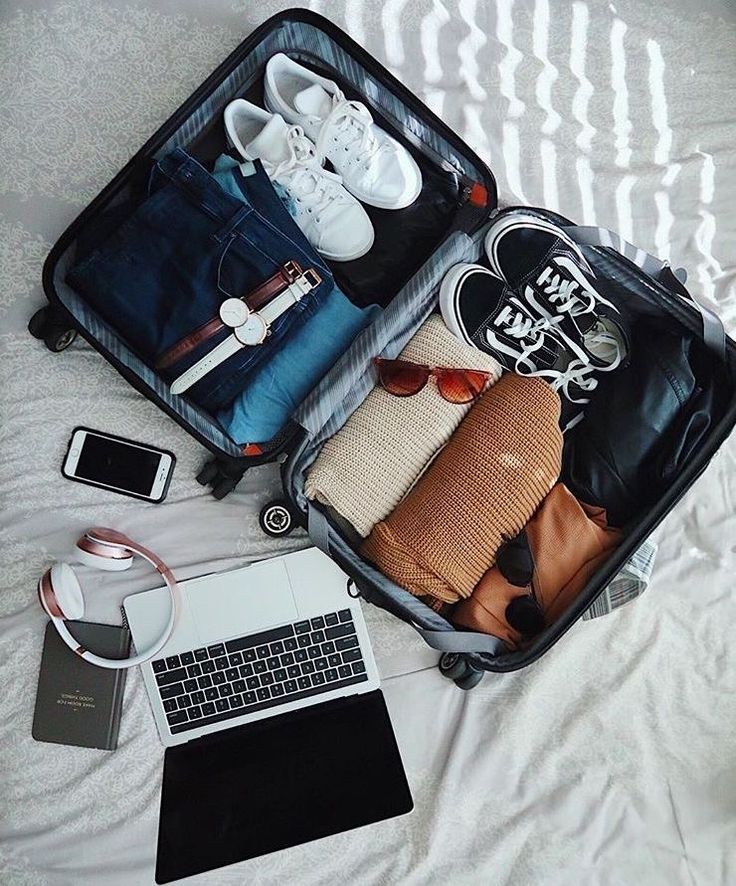First-Time Traveler's Guide: Essential Tips I Wish I Knew Earlier

My first international trip was a mix of excitement and costly mistakes. Standing at the airport with an overweight suitcase, missing documents, and no local currency, I learned travel lessons the hard way.
I’ve since explored dozens of countries and discovered that successful travel comes down to knowing the right things before you start. Therefore, I’ve compiled this comprehensive guide covering everything from pre-trip planning to accommodation choices. These are the essential tips I wish someone had shared with me before my first adventure abroad. Whether you’re planning to study abroad or embarking on your first international journey, this guide will help you avoid common pitfalls and travel with confidence.
Essential Pre-Trip Planning Steps
Initially, I learned that successful international travel starts with proper documentation. The most crucial document is your passport, which must be valid for at least six months beyond your planned stay in most countries. Furthermore, many nations require specific entry documents like visas and proof of vaccinations.
Here are the essential documents I always prepare:
- Passport copies (both digital and physical)
- Visa documentation (if required)
- International driving permit
- Travel insurance papers
- Vaccination certificates
- Consent forms (when traveling with minors)
Notably, I’ve discovered that travel insurance isn’t just an option – it’s a necessity. Medical evacuations can cost up to NGN 168,820,452.39, and most U.S. insurance plans don’t provide coverage overseas. Consequently, I always purchase comprehensive travel insurance that covers medical emergencies and trip cancelations.
Health preparation is equally important. For instance, many countries now require specific vaccinations. The CDC recommends getting fully vaccinated against measles before traveling to any international destination. Additionally, some prescription medications that are legal in your home country might be prohibited elsewhere, so I always check with the embassy of my destination about medication regulations.
When it comes to budgeting, I start planning as soon as I book my trip. I’ve found that setting aside money for pre-trip expenses like passport renewals (starting at NGN 219,466.59) and visa fees (beginning at NGN 50,646.14) helps avoid last-minute financial stress. I also research local transportation costs and accommodation rates to create a realistic daily budget.
Smart Packing Strategies
After years of overpacking, I’ve mastered the art of traveling light without sacrificing essentials. Above all, I’ve learned that smart organization is key to efficient packing.
I always start with packing cubes to keep my belongings organized and compressed. Moreover, I follow a simple rule: pack for one week, regardless of trip length. This typically means selecting versatile pieces that can create multiple outfits: one hat, two pairs of shoes, three bottoms, four tops, five pairs of socks, and six pairs of underwear.
When it comes to electronics, I’ve discovered that protection is paramount. Specifically, I use a hard-shell case for my devices and keep all cables neatly organized in a dedicated pouch. Here’s what I always pack in my carry-on:
- Portable power bank for emergency charging
- Universal adapter with surge protection
- Backup charging cables
- Electronics in easily accessible compartments
Notably, I’ve learned to be cautious with voltage requirements when traveling internationally. Most modern devices support dual voltage (100-220V), but I always check the label near the power supply before plugging in. In fact, many countries use voltage twice that of the U.S., which can damage unprepared devices.
In addition to smart packing, I’ve found that doing laundry during trips is far more practical than overpacking. I pack quick-drying fabrics and a small amount of biodegradable soap. This strategy has helped me transition from a heavy checked bag to a single carry-on, making my travels significantly more enjoyable.
Transportation and Accommodation Tips
Through my extensive travels, I’ve discovered that getting around efficiently and finding the right place to stay can make or break a trip. Particularly in unfamiliar cities, I rely heavily on public transportation, which typically offers the most cost-effective way to explore.
When using public transit, I always research routes and schedules beforehand. Notably, I’ve found that downloading transit apps like Google Maps or Citymapper helps navigate unfamiliar systems seamlessly. For safety, I keep my valuables secure and stay alert, particularly during peak hours.
If I’m using rideshare services, I follow essential precautions:
- Wait indoors until the driver arrives
- Verify the license plate and driver details
- Share trip details with trusted contacts
- Sit in the back seat
Alternatively, when choosing accommodation, I consider these key factors:
- Location relative to attractions and public transport
- Safety of the neighborhood
- Available amenities
- Budget constraints
Generally, I book accommodations 3-7 months ahead for domestic trips and 4-10 months in advance for international travels. Through experience, I’ve learned that booking early morning flights increases the chances of on-time departures and reduces the risk of delays.
For longer stays, I typically opt for vacation rentals or Airbnbs that offer kitchen facilities. These options often provide better value, particularly when staying for extended periods. However, for shorter visits or when traveling solo, I prefer hotels near public transportation hubs.
Conclusion
Travel mistakes taught me valuable lessons that transformed me from an anxious first-timer into a confident explorer. Though my initial journey started with documentation troubles and overpacked bags, these experiences helped shape my approach to international travel.
Smart preparation makes all the difference between a stressful trip and an enjoyable adventure. Securing proper documentation, packing efficiently, and making informed transportation choices will save both money and headaches. Additionally, choosing the right accommodation based on location and budget creates a solid foundation for any journey.
Remember that successful travel doesn’t require perfection – just careful planning and flexibility. My journey from rookie mistakes to seasoned traveler proves that anyone can master international travel with the right knowledge. Start your planning early, keep these essential tips in mind, and you’ll be ready to explore the world with confidence.
